The Supreme Court will decide whether President Donald Trump can end an Obama-era program shielding young immigrants from deportation.
The justices’ order Friday sets up high-stakes legal arguments in late fall or early winter, with a decision likely by June 2020 as Trump seeks re-election. Trump ordered an end to the program known as DACA in 2017, resulting in protests and a failed congressional effort to salvage it.
Federal courts in California, New York, Virginia and Washington, D.C., meanwhile have blocked Trump from ending it immediately. A federal judge in Texas has declared the program is illegal, but refused to order it halted.
The program — Deferred Action for Childhood Arrivals — protects about 700,000 people, known as dreamers, who were brought to the U.S. illegally as children or came with families that overstayed visas.
No matter the outcome of the Supreme Court case, the DACA protections seem certain to remain in effect at least until the high court issues its decision.
The administration had asked the court to take up and decide the appeals by the end of June 2019. The justices declined to do so and held on to the appeals for nearly five months with no action and no explanation. The court did nothing Friday to clear up the reasons for the long delay, although immigration experts have speculated that the court could have been waiting for other appellate rulings, legislation in Congress that would have put the program on a surer footing or additional administration action.
The Obama administration created the DACA program in 2012 to provide work permits and protection from deportation to people who, in many cases, have no memory of any home other than the United States.
The Trump administration has said it moved to end the program under the threat of a lawsuit from Texas and other states, raising the prospect of a chaotic end to DACA.
Then-Attorney General Jeff Sessions determined DACA to be unlawful because President Barack Obama did not have the authority to adopt it in the first place. Sessions cited a 2015 ruling by the federal appeals court in New Orleans that blocked a separate immigration policy implemented by Obama and the expansion of the DACA program.
Texas and other Republican-led states eventually did sue and won a partial victory in a federal court in Texas. Civil rights groups, advocates for immigrants and Democratic-led states all have sued to prevent the end of the program.
In November, a three-judge panel of the federal appeals court in San Francisco ruled that the administration decision to end DACA was arbitrary and capricious.
The appeals court noted that the federal government has a long and well-established history of using its discretion not to enforce immigration law against certain categories of people.
While the federal government might be able to end DACA for policy reasons under its own discretion, it can’t do so based on Sessions’ faulty belief that the program exceeds federal authority, the court held.
Related Stories
‹
![]()
Split Supreme Court Appears Ready to Allow Trump to End DACASharply at odds with liberal justices, the Supreme Court’s conservative majority seemed ready Tuesday to allow the Trump administration to abolish protections that permit 660,000 immigrants to work in the U.S., free from the threat of deportation. That outcome would “destroy lives,” declared Justice Sonia Sotomayor, one the court’s liberals who repeatedly suggested the administration […]
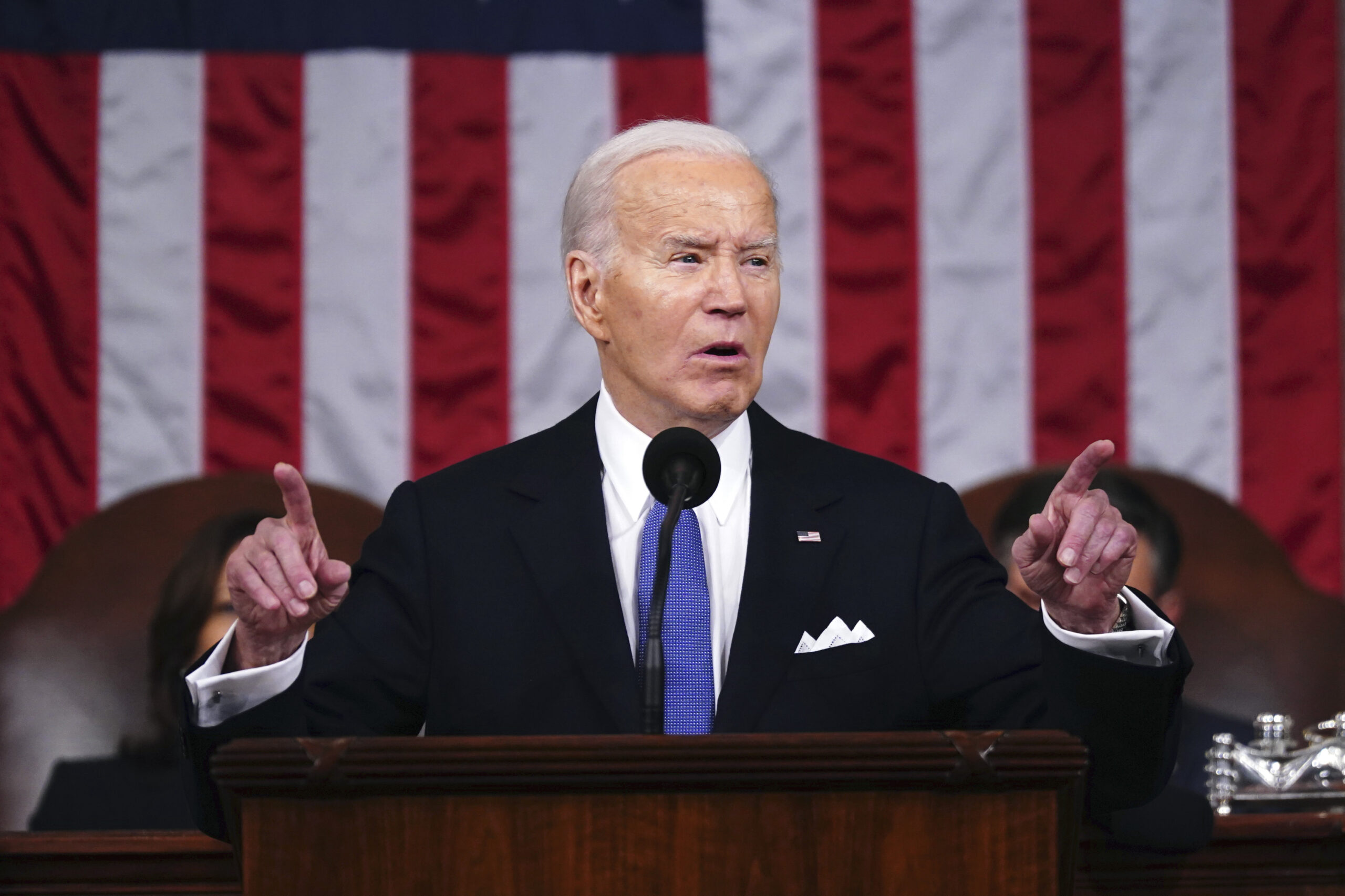
Half a Million Immigrants Could Eventually Get US Citizenship Under a New Plan From BidenWritten by SEUNG MIN KIM President Joe Biden is taking an expansive election year step to offer relief to potentially hundreds of thousands of immigrants without legal status in the U.S., aiming to balance his own aggressive crackdown on the southern border earlier this month that enraged advocates and many Democratic lawmakers. The White House announced Tuesday that […]
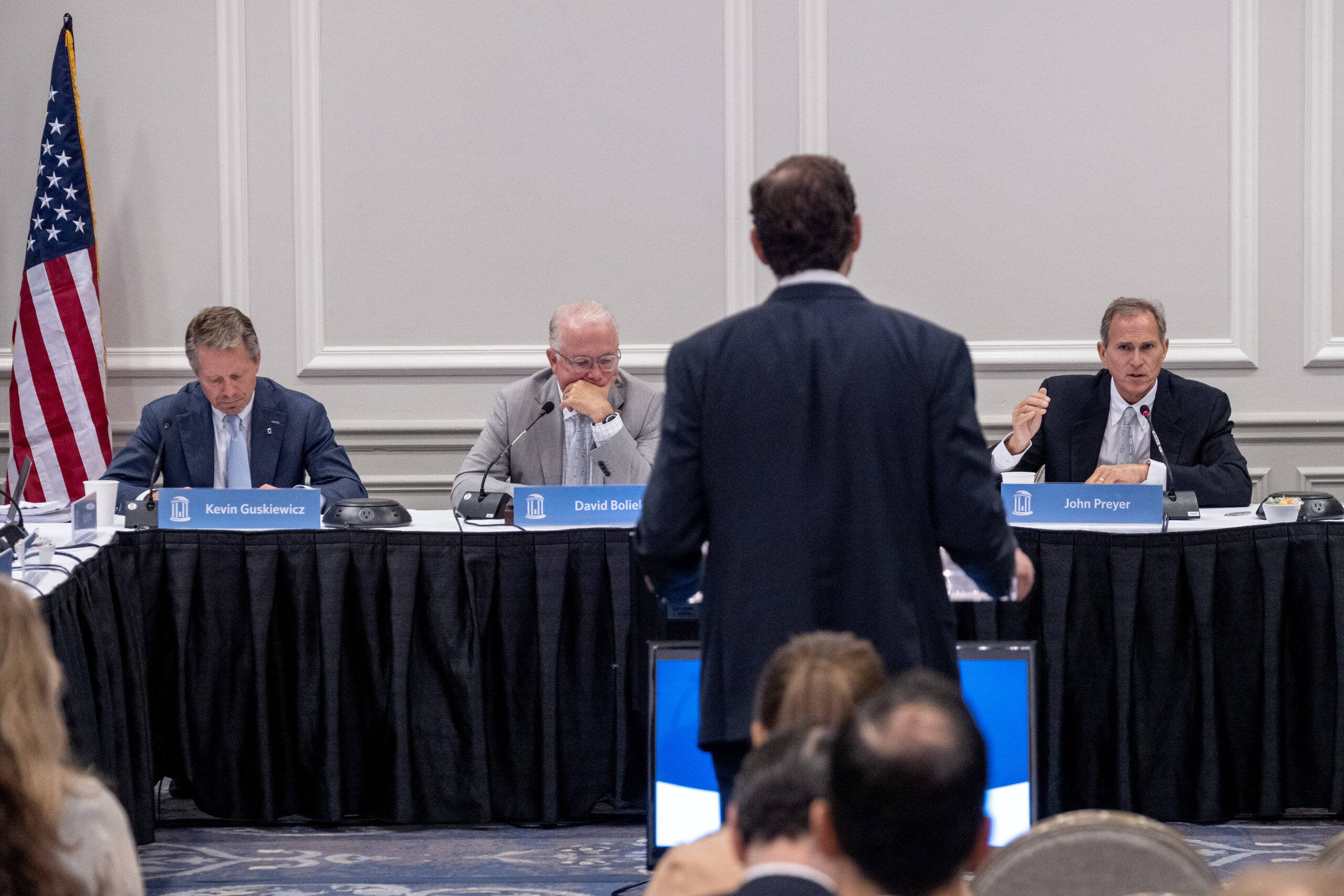
UNC Trustees Talk Affirmative Action, Accessibility at First Meeting of 2023-24UNC Board of Trustees officially barred use of 'race, sex, color or ethnicity' in admissions, complying with Supreme Court case decision.

Fierce Protests Have Been Rocking Israel for Months. What’s Fueling Them?Written by JULIA FRANKEL Oceans of Israeli flags, steady drumbeats, cries of “Democracy!” Water cannons, police on horseback, protesters dragged off the ground. For seven straight months, tens of thousands of Israelis have taken to the streets in the most sustained and intense demonstrations the country has ever seen. The protesters are part of a […]
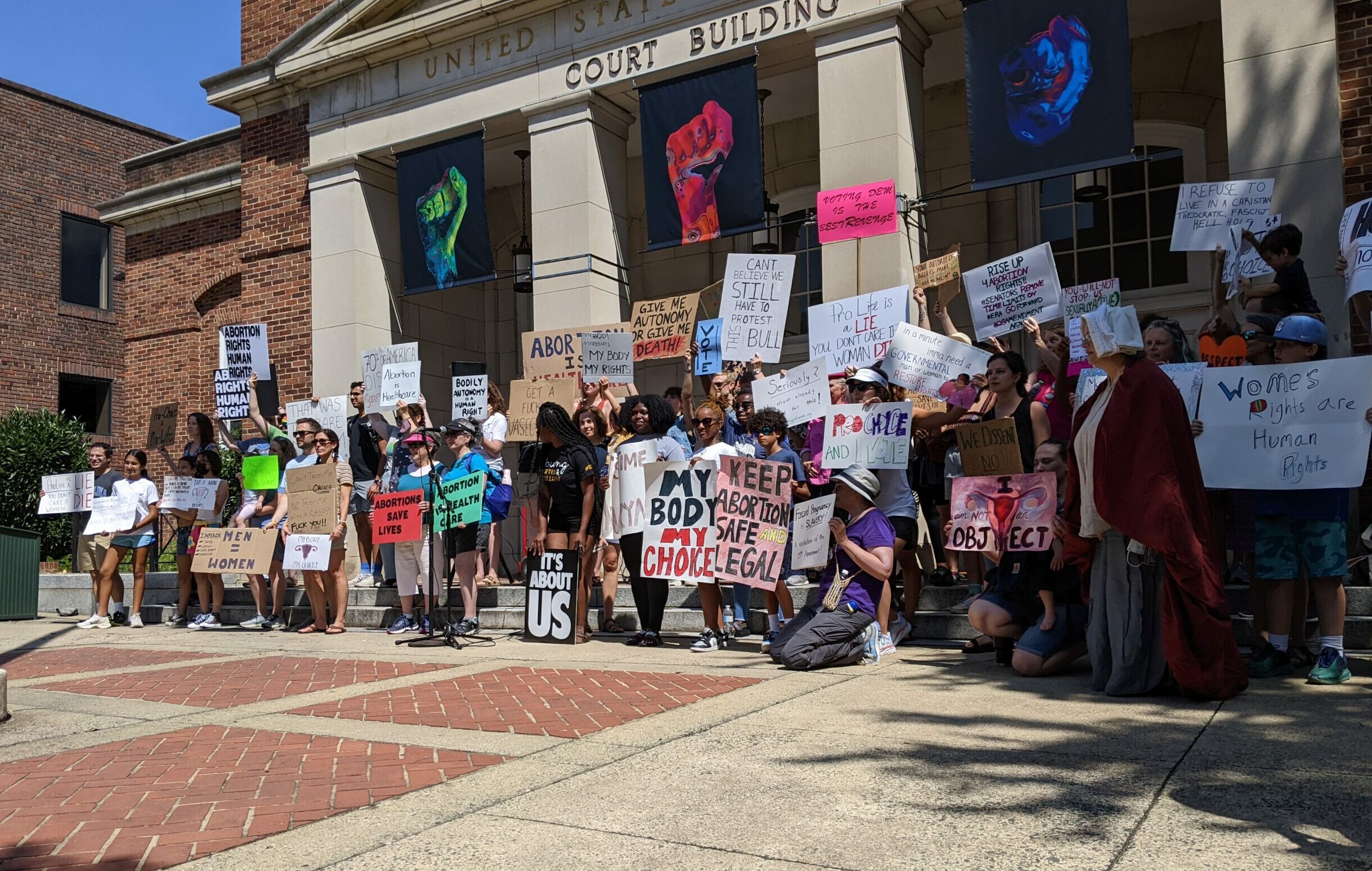
Top Stories of 2022: Supreme Court Abortion Ruling Sparks Concern, Fear and BacklashThe Supreme Court's decision striking down Roe v. Wade was a defining moment of 2022 - and so was the local defense of abortion rights.
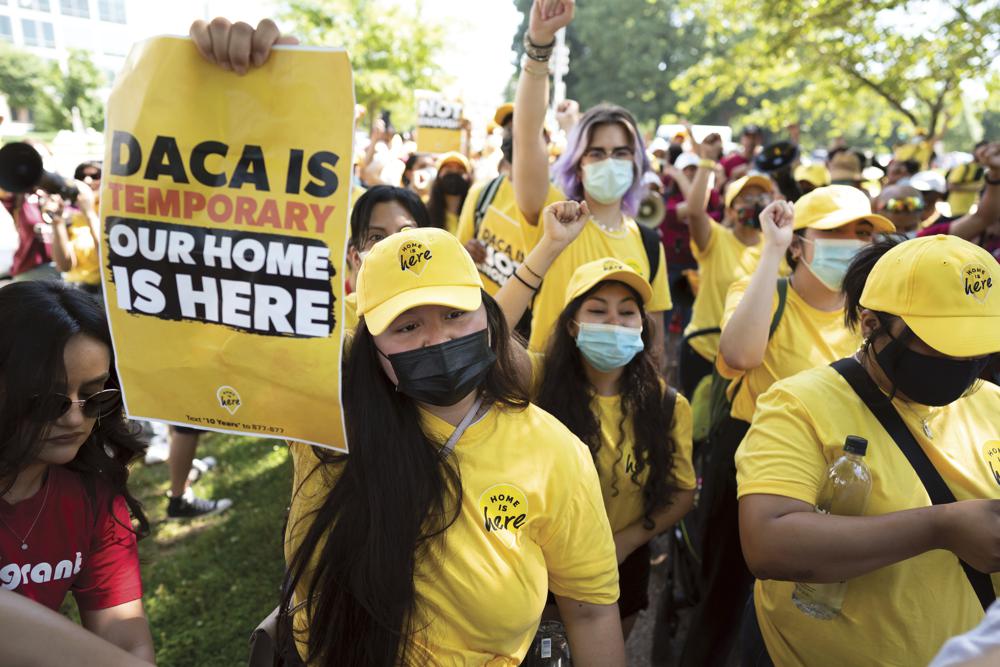
Revised ‘Dreamers’ Program To Get Another Review by CourtWritten by KEVIN McGILL A federal appeals court Wednesday ordered a lower court review of Biden administration revisions to a program preventing the deportation of hundreds of thousands of immigrants brought into the United States as children. The 5th U.S. Circuit Court of Appeals said a federal district judge in Texas should take another look at the […]

'Unprecedented' But Unsurprising: UNC Law Prof on the Supreme CourtUNC law professor Michael Gerhardt discusses how to understand (and maybe reform) the Supreme Court after last month's abortion ruling.
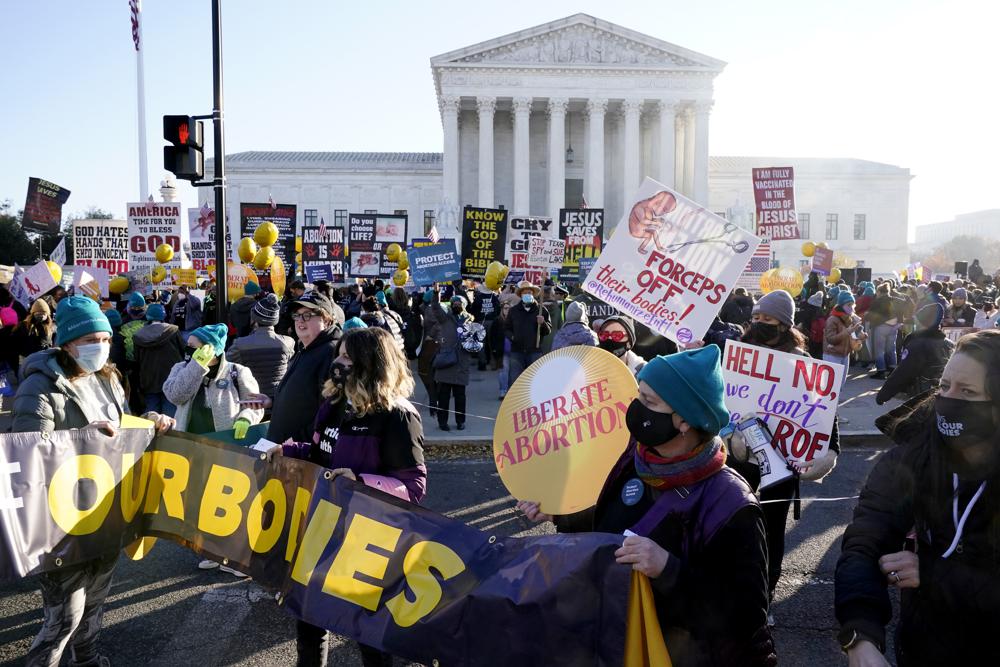
UNC Expert: SCOTUS Judges Focus On 'Fulfilling Their Party's Agenda'After the U.S. Supreme Court issued its ruling overturning Roe v. Wade, many began to question its effect on the law, women and healthcare. But others started questioning how the court even works.

'You're Not Alone': Compass Center Reaches Out to Domestic Violence Victims After Supreme Court RulingThe Supreme Court's abortion decision has raised concern for domestic violence victims, but the Compass Center is reaching out locally.
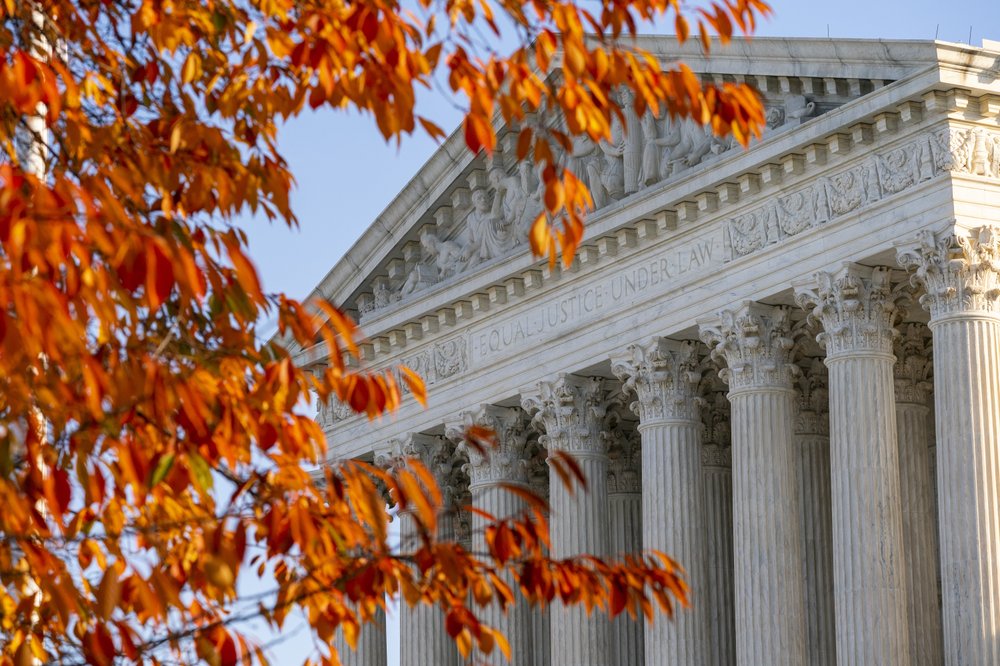
Unusually Agreeable Justices End Term With Conservative WinsWritten by MARK SHERMAN and JESSICA GRESKO An unusually agreeable Supreme Court term ended with conservative-driven decisions on voting rights and charitable-donor disclosures that offered a glimpse of what the coming years of the right’s dominance could look like for the nation’s highest court. The court began its summer recess with an already consequential list […]
›










